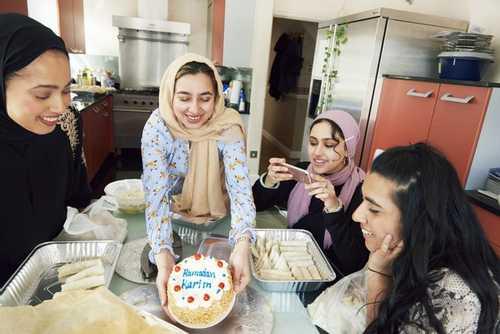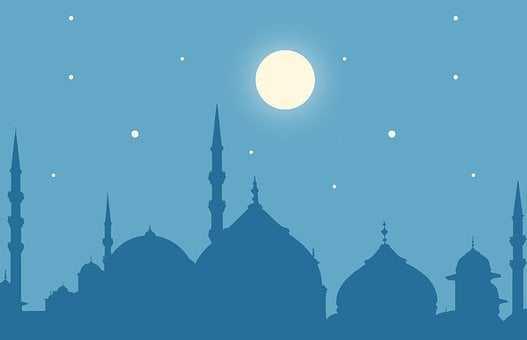A brief history of Ramadan
Curated from: historyextra.com
Ideas, facts & insights covering these topics:
6 ideas
·2.28K reads
17
Explore the World's Best Ideas
Join today and uncover 100+ curated journeys from 50+ topics. Unlock access to our mobile app with extensive features.
Ramadan, Islam's holy month of fasting
Ramadan has been observed and celebrated by Muslims for over 14 centuries.
In the seventh century, Prophet Muhammad said that Islam is built upon five pillars and that fasting in Ramadan was one of them.
36
1.02K reads
Meaning of Ramadan
Ramadan means 'intense heat', indicating the scorching summer month to which it was first ascribed. Muslims embrace Ramadan as the ninth month of the Islamic lunar calendar.
In 610AD, Muhammad retreated to a cave on Mount Hira on the outskirts of Mecca. During this time occurred the first revelation of the Quran. The Quran was revealed to Muhammad over 23 years, and the verses instructing Muslims to fast the entire month of Ramadan came in the latter half of that period.
28
384 reads
How the practices of Ramadan started
- The early Muslims would awake for the pre-dawn meal - known as suhoor, then refrain from eating, drinking and marital relations until sunset, when they broke their fast with dates. Fasting placed a strong focus on improving behaviour.
- Congregational night prayers (taraweh) is a defining feature of Ramadan, where the entire Quaran is recited.
- Coffee helps the worshippers stay alert and perform the night prayers.
23
250 reads
The observation of Ramadan changed through history
- The core rituals of Ramadan have remained unchanged since 622AD.
- In Ottoman times, drummers in Turkey woke people for the pre-dawn meal. In Morocco, a nafar (town crier) roamed the streets waking people to an instrument's sound, like a horn.
- In Egypt, a Ramadan lantern became a symbol of the sacred month. Today, intricate lanterns light up homes, shops and lining the streets.
- Egypt also instituted the 'iftar cannon,' where a cannon was fired to announce the time for breaking the fast.
25
221 reads
Feeding the poor during Ramadan
Prophet Mohammad specified that Muslims feed the poor towards the end of Ramadan.
A portion of dates or barley was given directly into the poor's hands. Over time, the bartering system translated into a monetary one. Now Muslims give a minimum of £5 to mosques or charities.
24
243 reads
The festival of breaking the fast
The festival, known as Eid ul-Fitr, marks the close of Ramadan. Prophet Muhammad appointed it as a day of community and celebration. It started with a special communal prayer.
Breakfast consisted of something sweet, known as 'Sweet Eid'. In the Prophet's time, Eid morning started with a simple breakfast of dates, but as Islam spread through different lands, various sweet dishes were used like sheer-kurma, a milky dessert of vermicelli, nuts and dates.
24
161 reads
IDEAS CURATED BY
Kyron Ito's ideas are part of this journey:
Learn more about history with this collection
Different Easter traditions around the world
The significance of Easter eggs and bunnies in modern culture
The importance of the holiday in the Christian faith
Related collections
Similar ideas
3 ideas
Why Ramadan is the most sacred month in Islamic culture
nationalgeographic.com
3 ideas
6 ideas
What is Eid al-Fitr and how do Muslims celebrate it?
theconversation.com
Read & Learn
20x Faster
without
deepstash
with
deepstash
with
deepstash
Personalized microlearning
—
100+ Learning Journeys
—
Access to 200,000+ ideas
—
Access to the mobile app
—
Unlimited idea saving
—
—
Unlimited history
—
—
Unlimited listening to ideas
—
—
Downloading & offline access
—
—
Supercharge your mind with one idea per day
Enter your email and spend 1 minute every day to learn something new.
I agree to receive email updates

